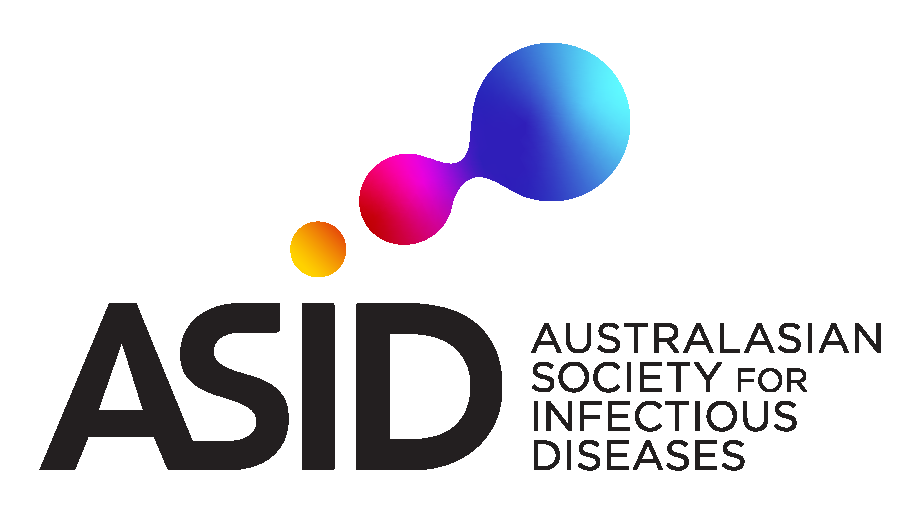Vaccination Special Interest Group supports ATAGI recommendations
The Australasian Society for Infectious Diseases (ASID) and its Vaccination Special Interest Group (VACSIG) have strongly supported the recent Australian Technical Advisory Group on Immunisation (ATAGI) [1] recommendations.
Recommending boosters for all eligible Australians
We urge all Australians who are eligible to keep up to date with their third and/or fourth dose of COVID-19 vaccine. This comes in the wake of a new Australian paper [2] that found a third dose provided additional protection against Omicron compared to two doses in adults.
It is expected that with the Omicron subvariant BA.4 and BA.5 in circulation over winter there will be an increase in transmission, hospitalisations and deaths. Influenza and other respiratory viruses, and a backlog of chronic conditions, are putting a substantial strain on the health system. Therefore, staying up to date with vaccination is strongly recommended.
Eligibility for the third dose of a COVID-19 (booster) dose includes:
Being 12 to 15 years old, and:
severely immunocompromised, or
have a disability with significant or complex health needs, or
have severe, complex, or multiple health conditions that increase the risk of severe COVID-19
Being 16 years and older and having completed your primary dose course of COVID-19 vaccination at least three months ago.
If you have already had COVID-19, it is still important to complete your vaccination (however anyone aged five years and over should wait three months between a COVID-19 infection and their next recommended vaccine dose).
Additional protection over winter
It is very important that people who are at increased risk of severe illness get an additional winter dose [1] four months after their first booster dose. This second booster will be the fourth dose for most people but the fifth dose for those who had a three-dose primary schedule.
Winter doses are recommended for people who are:
65 years or older
a resident of an aged care or disability care facility
Aboriginal or Torres Strait Islander and aged 50 years and older.
aged 16-64 and with a medical condition that increases the risk of severe COVID-19 illness (see the table below for expanded groups)
aged 16 to 64 with disability with significant or complex health needs or multiple comorbidities which the increase risk of poor outcome.
Vaccinating children
Vaccination is safe: ATAGI also recommends that all children aged 5 to 15 years are vaccinated. More information is available at AusVaxSafety.
Other important measures
Other important measures will help to protect yourself and others. Staying home if symptomatic, wearing a good quality mask when indoors shopping, and congregating in well ventilated areas can protect you, but may also help to stop the spread of respiratory viruses.
Getting tested for viruses such as COVID-19 and flu is also important as there are treatments available for those at high risk of severe disease. Anti-viral agents such as Nirmatrelivir/ritonavir (Paxlovid) and Molnupiravir (Lagevrio) need to be given early in the illness (within five days) to be effective. There are also antibody treatments that may be given to people who are severely immunocompromised who may not have responded as well to vaccines.
High risk individuals should also consider treatment against the flu. Oseltamivir (Tamiflu) can be taken orally by children and adults to reduce the duration of illness. It needs to be given early in the illness, ideally within 48 hours of symptom development for it to be effective. Tamiflu should also be considered in people needing hospital admission from the flu. Tamiflu can also be given to contacts of a flu case if they are at high risk of severe disease.
Even if RAT/PCR negative, it is still important to stay home if symptomatic as other respiratory viruses are common and making many people sick. This will prevent the circulation of viruses in the community.
References
